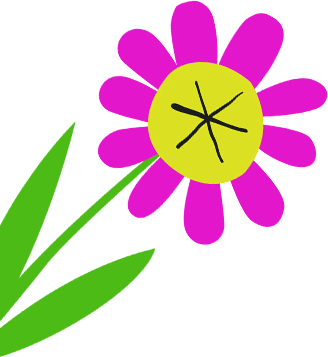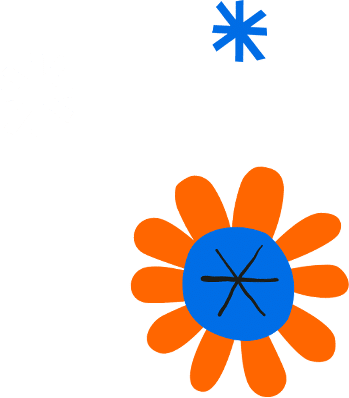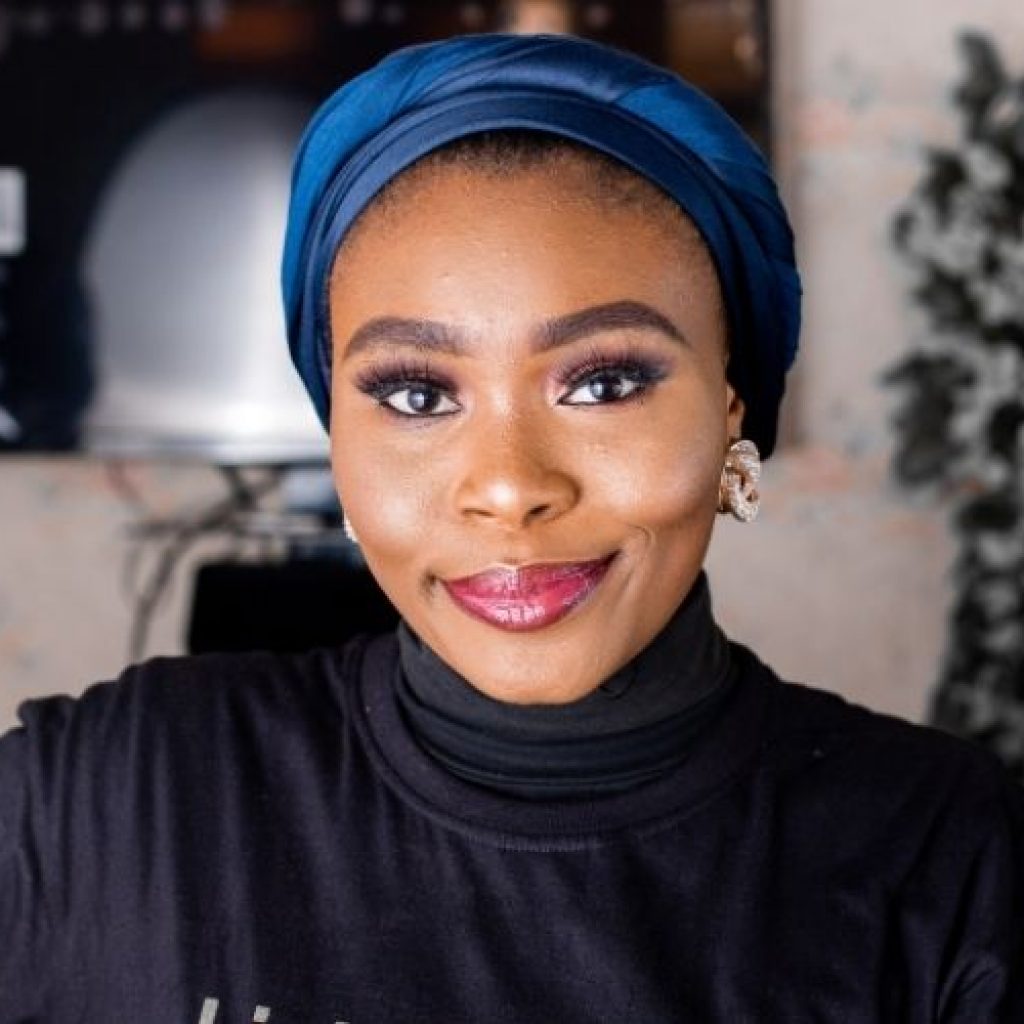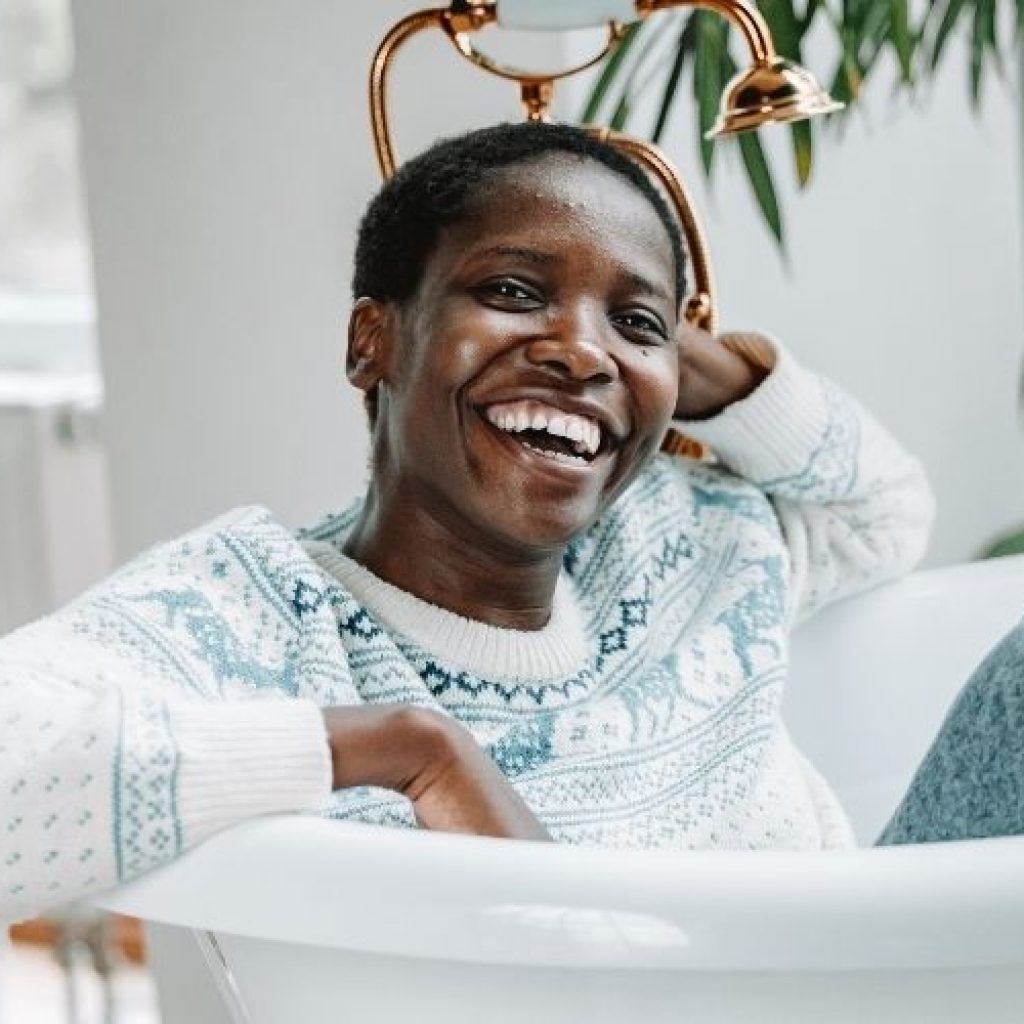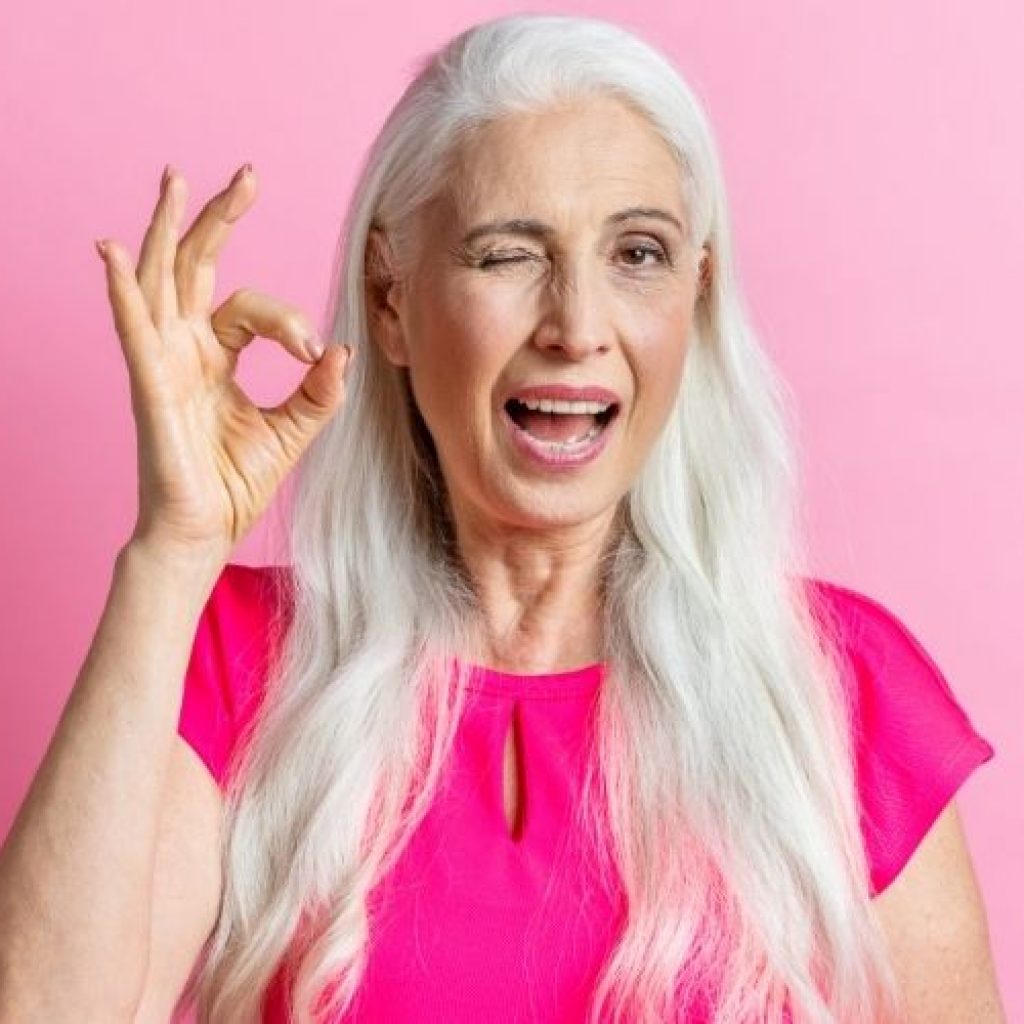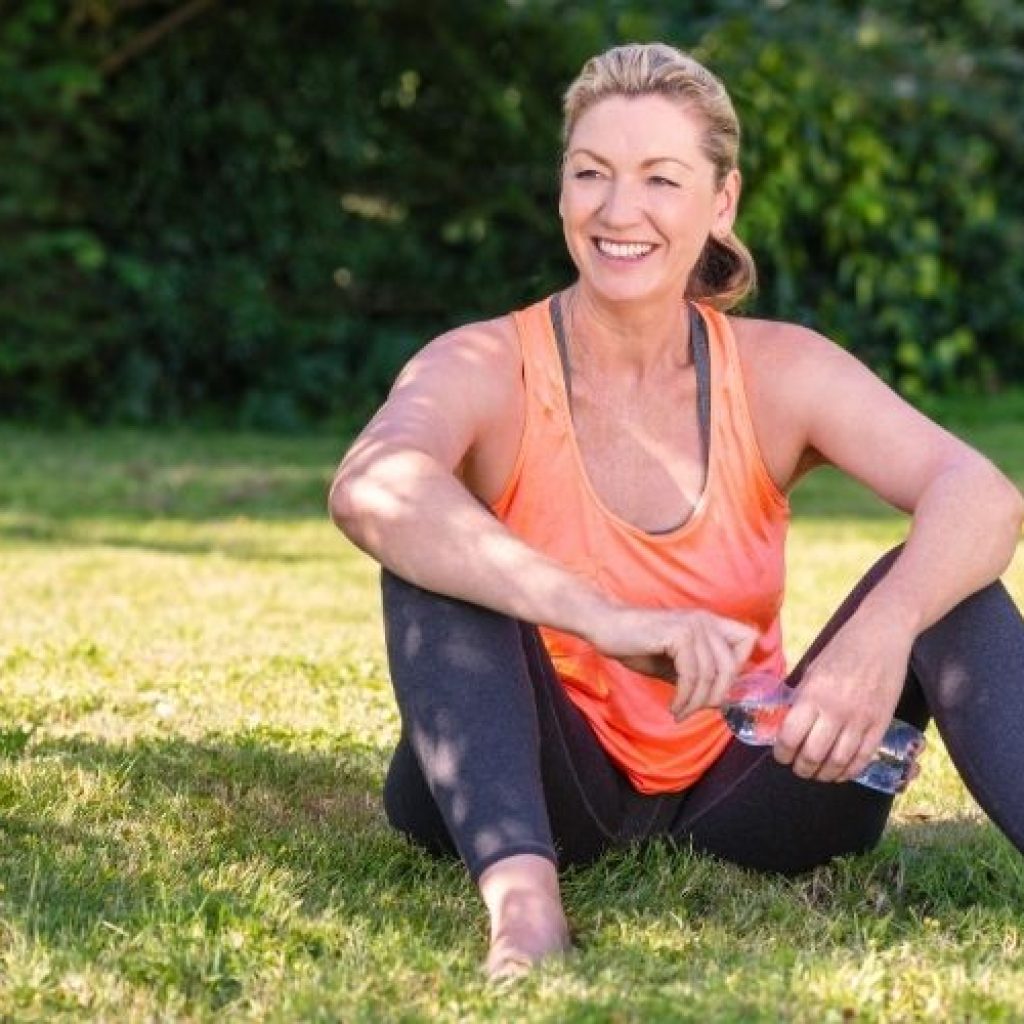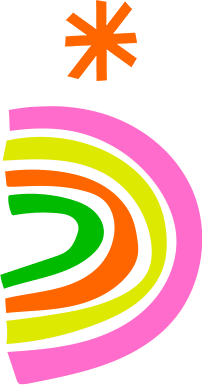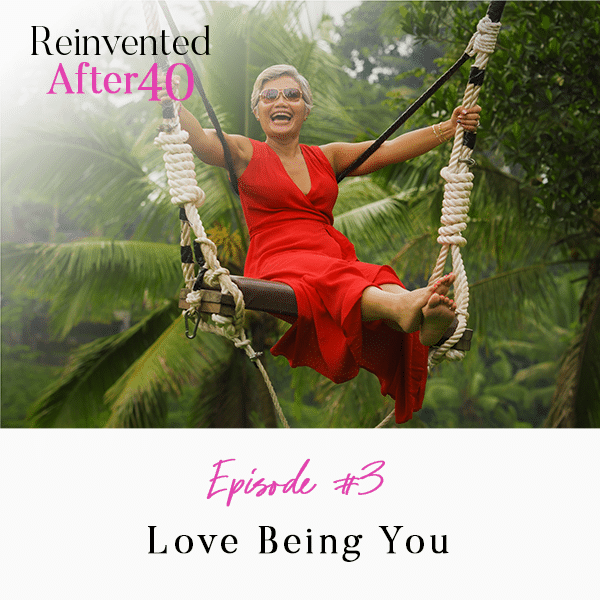
I read an amazing piece of advice from James Clear’s Thursday morning newsletter, and it said, “Double down on your best relationship because that’s the one with the highest return.” So, who is your best relationship with?
A few people from my life come to mind, but I want to tell you that my best relationship is with myself. This might be hard to believe, but loving being me has been the greatest gift I’ve given myself. This is exactly why I love my life so much, and it’s available to you too. So on this week’s episode, I’m inviting you to double down on you, to go all-in on you, and to fall madly in love with you!
Listen in as I offer 6 vital tools that I use in my coaching practice and in my own life that have led to deeply truly loving myself. We assume everyone else has it better than us, and it’s easy to dwell on how we can’t love ourselves as we are, but falling in love with you is an inside job that you can practice, and I’m guiding you through it.
TO CELEBRATE THE LAUNCH OF THE SHOW, I’M GIVING AWAY A FEW OF MY VERY FAVORITE THINGS TO 5 LUCKY LISTENERS WHO FOLLOW, RATE, AND REVIEW THE PODCAST!
CLICK HERE TO LEARN MORE ABOUT THE CONTEST AND HOW TO ENTER. I’LL BE ANNOUNCING THE WINNERS ON AN UPCOMING EPISODE, SO STAY TUNED!
WHAT YOU’LL DISCOVER IN THIS EPISODE:
- Why you will always be your best relationship.
- How to make your relationship with yourself the best one.
- 6 tools that I use to practice loving being me.
- Why loving yourself is completely an inside job.
- The importance of setting personal boundaries.
LISTEN TO THE FULL EPISODE:
FEATURED ON THE SHOW:
- Enter my podcast launch giveaway for your chance to win some of my favorite things!
- Sign up for James Clear’s Thursday morning newsletter!
- Atomic Habits by James Clear
FULL EPISODE TRANSCRIPT:
Hey, friends. Welcome to Reinvented After 40, a podcast for all you women in the second half of life who are ready to take responsibility for your own well-being and create a life you love living.
I’m your host, Kym Showers, and after spending the first 40 years of my life people-pleasing and following all the rules, I was exhausted and ready for a change. I reinvented myself. I stopped outsourcing my happiness. And I’ve been brave enough to live a different kind of life.
I’ll be here each week to help you do the same thing. It’s gonna be fun. Let’s go.
Hi, friends, and welcome back to the podcast. How are you? What’s been going on in your life this week?
I’m recording this on a Monday morning. I got up at my normal early, dark hour and walked upstairs, which is kind of fun. Like, our living early area… Our bedrooms are downstairs and our living area and kitchen is upstairs, which is the opposite of most houses, right? So that’s kind of fun.
So, I go upstairs to get my coffee and to actually finish writing this podcast, and there is a big, bright, almost looking-full moon—like, white full moon—just kind of hanging in the sky. And it’s pitch dark, and the only thing I see is the moon and then the light on the water from the moon.
Oh my gosh, you guys. It was magical. So, I stared at that for a while, enjoyed my coffee, and then got to work finishing this up. So, yay! Yay for Mondays. Hope you’re off to a good start as well.
So, this episode will come out—all of my episodes will come out on Thursdays. And I picked Thursday because Thursday’s always kind of been a magical day for me.
I remember when I was in my 20s, when I was an elementary school teacher, and I just remember noticing the whole energy of Thursdays and how the kids were just kind of excited. I was excited. Thursday was always just kind of almost a wrap-up for the week, like a pre-Friday. Still a lot of work to do, but the anticipation energy of the weekend.
And also, I picked Thursday because my two favorite podcasts drop on Thursdays, so I always look forward to Thursday mornings to listen to the new episodes. And also, my favorite newsletter comes to my mailbox on Thursday mornings, and that’s what I wanted to tell you about today.
His name is James Clear, and if you don’t know him, there are two things you need to do after you listen to this. You need to order his book Atomic Habits. It will change your life. You will love this book. And then, you need to go to JamesClear.com and sign up for his Thursday morning newsletter. It is so good and really short, but just packed with so much wisdom.
And so, this Thursday, when I received it—well, everything he says kind of strikes me and resonates with me. But this quote from him… He said, “Double down on your best relationship. It’s the investment with the highest return.” Right? “Double down on your best relationship,” because that’s “the investment with the highest return.” Such good advice.
So, who is your best relationship? Who comes to mind? Now, of course, I have a couple people outside of me that come to mind, but I will always say it’s me. I’m my best relationship and I really do want to offer that to you—that you will always be your best relationship.
And so, make it your best relationship. Right? Double down on you. Go all in on you. Fall in love with you. Enjoy being you. Love being you. It will always give you the highest return in your life.
So, how do we do that? How do we love and enjoy being us? I think there are lots of ways, and I truly know that it’s a practice and a habit and just a day-by-day shift in the way that we think about ourselves, right? So, you know that about me.
But I can truly tell you, I love being me, and that’s why I love my life so much. I remember when I was a kid—because I grew up watching The Partridge Family and The Brady Bunch—and I remember I just wanted to be Marcia Brady so bad. Right?
Marcia was everything. And I just wanted her life and I just… I loved her personality and I just loved her parents, her home life, and all of her friends. And I just remember that feeling like of, “If only I could be Marcia Brady.”
And I just assumed—of course, she’s a made-up character—but I just assumed she loved being her. But probably not. And that’s just the problem. We assume that other people have it better than us, and that’s just not even true. That’s just a thought. We get to decide how we want to think and feel about us, right?
And so, it really is just a matter of thinking and practicing. And today, I want to offer you and introduce to you six kind of important tools that I use in my coaching practice and the tools that I use in creating a life I love and why I love being me. It’s all an inside job.
So, tool number one is watch your thoughts.
Tool number two is know your model.
Tool number three is be an emotional adult.
Tool number four: set personal boundaries.
Tool number five: drop your manuals.
And tool number six is process your feelings.
So, let’s start with watching your thoughts. That’s a practice to know what you’re thinking—just being the observer of your thoughts.
Your brain is always thinking thoughts. They’re just like neutral sentences in our head, but they matter a lot. And if we’re not aware of them, we just are on kind of a rinse-and-repeat cycle. And our brain, you know, is running the show, which I told you last week.
But we want to increase our awareness of what’s going on in our brain—what we’re actually thinking, right? Just without judgment and criticism of ourselves. I think we’re always so surprised at what the sentences are in our head.
The thing is is our brain’s job is to evaluate and judge and criticize, which is okay if we practice awareness, so we don’t just follow along and accept everything as truth. The problem is is we’re not aware. Most of us believe our thoughts without even knowing what they are.
Thoughts like—this might sound familiar to you—“I’m not smart.” “I’m too old.” “It’s too late.” “I’m bad with money.” “She’s way prettier than me.” “I could never do that.” “What will people think?” “He doesn’t love me that much.” “Oh, I won’t do that. No one will show up.” “Oh, I don’t deserve that.” And on and on and on.
And our brain offers us thoughts like this on repeat. They make us feel terrible and they’re not even true. They’re not. This is why we must get really good at watching our thoughts and know what we’re thinking. Awareness alone will change us for the better. To love being you, practice watching your thoughts.
Tool number two: know your model.
So, we all have a thought-feel-act cycle that we’re always in, and we call it “the model.” The self-coaching model was created by my coaching teacher, Brooke Castillo. And if you’ve been following me for a while, you know this is what I base my coaching practice on.
We have a circumstance that triggers a thought in us, which triggers a feeling in us, which triggers an action—something we do or don’t do because of that feeling—which gives us our result, right? Our thoughts create our feelings, which drive our actions, and give us our results.
Our circumstance is the only thing we don’t have control of. That’s the only thing outside of us, and it’s always neutral. It’s always just a neutral fact that the whole, entire world could agree on. Okay?
Until we think a thought about it. So, we always have thoughts about circumstances. We make them mean something about us. We label them as “good” or “bad.” And that’s kind of what we attribute our problem to. We think it’s the circumstance that is creating the problem for us, but it never is. It’s always what we make that circumstance mean. It’s always what we think about it.
So, the model can help us solve any problem. Let’s say your problem, you think, is that you’re $10,000 in debt. So, we’ll put that in the “circumstance” line of your model.
And then you uncover the thought and the feeling that makes that a problem for you. Your thought might be, “Well, I’m not good with money,” which creates the feeling of hopeless.
And to feel better—no one likes to feel hopeless—so, to feel better, maybe you go shop.
And that gives you the result of overspending. So, your bank account is not the problem. It’s simply math. It’s numbers. It’s neutral. It’s what you’re making it mean about you that creates the problem.
You know that a lot of people are $10,000, $100,000, $1,000,000 in debt, and it is not a problem for them? Because they look at debt differently than you do. So, it’s not debt that’s the problem. It’s what we make debt mean. We can look at it any way we want to. Debt is simply neutral.
So, to change your bank account, if you want to, you must change the way that you’re thinking about it. You must drop the thought, “I’m not good with money,” and start thinking about your relationship with money in a more useful way.
This will change everything for you. This is how we use the model to help us solve our problems. Know what you’re thinking and how you’re feeling and what you’re doing. Know your thought-feel-act cycle. This is everything. Know how you show up in your life. Pay attention to your thinking, your feeling, your acting. Okay? Knowing your model will help you love being you.
Tool number three: be an emotional adult. Most adults are still functioning in emotional childhood. We were taught as kids that people outside of us and circumstances outside of us can make us feel a certain way. Like, people can hurt our feelings or make us mad. Right?
So, we carry that belief into adulthood. We blame our mothers. We blame our spouse. We blame our kids. We blame our bosses, our coworkers. We blame our friends. We blame our past. We blame our government for the way we feel.
Thoughts like, “She makes me feel insecure.” “She makes me feel pretty.” “He hurt my feelings.” “He makes me feel loved.” “They make me so mad.” “They make me feel hopeful.”
Notice how often you give credit for your feelings—good and bad—to other people? Emotional adulthood is the daily practice of taking responsibility for all of your emotions, good and bad. Owning them all. Knowing that your thoughts are creating them. Other people and circumstances are not.
Which is such good news, you guys. This is so awesome. This means we are fully in charge of us and our life experience in every circumstance. Emotional childhood strips us of our power in our own life. Blaming other people puts our emotions in someone else’s hands, and that never is a good idea. It never ends well.
So, stop depending on others to tend to your feelings. Stop giving other people the credit for how you’re feeling. Right? Good and bad. Be an emotional adult. Become an emotional adult, and this will for sure help you to fall in love with being you.
Tool number four: set personal boundaries. I love this one. Stop giving everyone unlimited access to your time, your energy, and your resources. Get clear about what your responsibilities are and what they aren’t. You do not owe anyone anything, and neither does anyone else. They don’t owe you anything.
Get good at telling the truth. Get good at saying “no.” Get good at letting people be disappointed. That’s a tough one but get really good at it. It’ll clean everything up for you. I promise. Get good at being committed to your schedule and your plans and your goals.
Set up your days and weeks and months intentionally so you have the time and energy to create the life you want. Your personal boundaries are for you to honor you. That’s your job. No one else has to honor you. You have to honor you.
Remember: we teach people how to treat us. Right? So, personal boundaries are our consistent habits that we practice daily and that strengthen our trust in us. So, they are for you to create a life you love. So, get good at setting personal boundaries, and you’ll love being you. I promise.
Tool number five: drop your manuals. So, manuals are little, sneaky instruction books that we keep tucked in our head for other people. Right? For our husband, for our kids, for our mom, for our friends. We have detailed instructions about how they should act so that we can feel good about them. Right? They’re just like, “This is what a good husband does. And this is what a good husband doesn’t do.” Right?
So, we have it all just kind of lined up. Sometimes we tell them, but most of the time we don’t. We have thoughts about what a good friend does—what makes a good friend. We have thoughts about how our children should behave. We have thoughts about what makes a good mom, what a good dad would be doing, a good dad wouldn’t be doing.
We probably could sit down and write a check-off list for each person in our life. We do this, and don’t even realize it. And then get mad and frustrated and hurt when they don’t follow our manual.
But the truth is, you guys, your people should be doing exactly what they’re doing. Don’t count on their behavior for your emotional well-being. Your thoughts and expectations are the reason you feel how you feel. So, drop your instruction manual and love being you.
And then the final tool I’ll introduce you to today is processing your feelings. You are driven by your feelings. Your feelings matter. They’re very important, so pay attention to them. Get really good at feeling all of them.
They are simply vibrations in your body triggered by a thought. It’s physiological. Our brain thinks a thought and then releases a chemical, and that chemical vibrates through our body, and we call that a “feeling.”
Happy, sad, mad, excited, confused, loved, shy, afraid, tired, restless, bored… Hundreds and hundreds of feelings available for us to feel. And the thing is, we are supposed to feel all of them. We can get good at being aware of what the feeling is, and then get good at feeling it or processing it all the way through.
All feelings are welcome. No feeling is a problem. Our only problem is when we think feelings are a problem, and we avoid them or stuff them or numb them.
Feelings are simply information and meant to be felt. And when we learn how to process a feeling, it can just leave our body. Right? Because feelings are going to come up at some time. So, if we’re stuffing them, at some point, they’re going to all come up. So, a very healthy way to live is to learn how to process your feelings and you will love being you.
So, there you go, my friends: the six life tools that are good to have in your toolbelt. So, tools that you can get good at using to help you love being you. I’ll expand on each one in future episodes, of course, but for now, take one at a time, think about it, and find ways you can kind of access it and find ways that can be useful for you in your everyday life.
How might you be able to use it to help you change, help you grow, and help you enjoy being you? Like having the right tools to build an awesome house, we have lots of helpful tools to help us build a happy, healthy, thriving life.
I love this quote by Albert Einstein, and I think about it often: “There are only two ways to live your life. One: as though nothing is a miracle. And the other: as though everything’s a miracle.” And obviously, I choose to live my life as though everything is a miracle. And truly, that’s why I love being me. I just like to see life that way.
So, I offer this to you, and I offer these very helpful, useful tools to you. And put them into practice this weekend and see what happens. Okay?
All righty. Hope this was helpful. Have the best day ever. I adore you for being here, and I’ll see you next week.
To celebrate the launch of the show, I’m going to be giving away a few of my very favorite things to five lucky listeners who follow, rate, and review the podcast. And it doesn’t really have to be a five-star review, though, of course, I would be ever grateful. And I do hope you love the show. But I do want your honest feedback so I can create something awesome that provides a lot of value for you.
So, please visit KymShowersLifeCoach.com/PodcastLaunch to learn more about the contest and how to enter. I’ll be announcing the winners on the podcast in an upcoming episode.
Thanks for listening to Reinvented After 40. If you want more information or resources from the podcast, please visit KymShowersLifeCoach.com.
ENJOY THE SHOW?
Don’t miss an episode, listen on Spotify and follow via Apple Podcasts or Stitcher.
